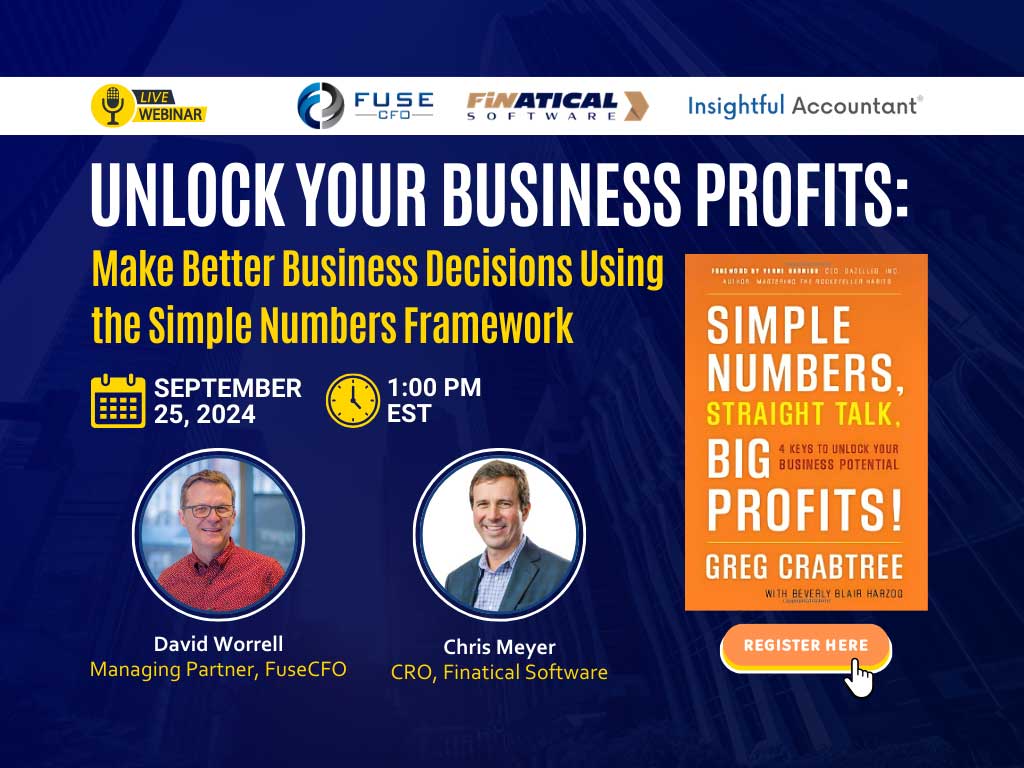
Portfolio Diversification When Your Business Is Your Largest Asset
This is a guest contribution by Ben Reynolds, founder of Sure Dividend, an investment research company dedicated to helping investors build high-quality dividend growth portfolios for the long run.
What is Portfolio Diversification?
The term“portfolio diversification” means something different for someone on a ‘normal’ career trajectory and a business owner.
Company owners face different investing tradeoffs that largely go unexplored.
It’s important to view your investment portfolio holistically when your business is your largest asset.

The Business Owner’s Complete Investment Portfolio
When we think of an investment portfolio, we tend to think of stocks and bonds. But that overlooks two critical assets: your home and your business.
Your business and your primary residence are likely your most valuable assets; yet, they are often not considered when determining an appropriate asset mix for building wealth.
Your small business presents unique opportunities to invest in the business. You should weigh these investment opportunities against other opportunities, including investing in the stock market.
Investing In Stocks Versus Investing In Your Business
Investing in your business will often have the highest expected total return of any investment you can make.
Whenever possible, owners should make investment decisions based on thoughtfully based data.
To understand the value you create by investing in your business, you should look at the increase in cumulative business value from the investment, not one-year revenue growth or expense reductions.
Imagine you invested in a better website layout and conversion funnel for your business. It cost $30,000 and increased sales from $2 million to $2.1 million. The $100,000 in increased sales partially falls to the bottom line and net income increases by $50,000. If the business was making $500,000 in annual profit before, it now is making $550,000.
But $50,000 is not the entire return on your investment. If your business is valued at a 5x multiple to net profit, this extra $50,000 in annual profit really creates $250,000 in value. Getting $250,000 in value from a $30,000 investment is an incredibly high return – and something that isn’t going to come anywhere close to being matched by investments in stocks or other asset classes.
The Downside To Investing In Your Business
While the upside to investing in your business is incredible from a return perspective, you should also be aware of the risks.
First, most business owners’ net worth comes predominantly from their businesses. Consider a business owner with the following items on his or her balance sheet:
- Business valued at $2,000,000
- Primary residence with equity of $350,000
- Investment portfolio with $150,000
A full 80% of this business owner’s net worth comes from the business. Owning and growing your business is perhaps the best way to create wealth. But it also concentrates your wealth into one area. And the business world is inherently risky.
There’s a reason investment advisors advocate diversification. If all your money is tied up in just one stock and that stock goes bankrupt, you face financial ruin.
While you have agency over your own business that you don’t have with stock investment, risks remain. They are amplified. If anything were to happen to your business, you lose (at least temporarily) not only your largest asset but also your source of income.
It’s critically important to build at least some wealth outside of your business assets. If your business is partially or fully impaired, you can fall back on other assets.
Investing outside of your business might result in slower wealth growth, but this strategy will fortify your finances against temporary (and, at times, even permanent) business declines.
Your trade-off between risk and return is investing in your business versus investing outside of it.
Investing Outside of Your Business
When determining the appropriate asset mix for yourself, think about your business objectively and invest outside of the same industry.
If you owned a thriving restaurant, you wouldn’t want to fill your investment portfolio with the stock of McDonald’s (MCD), Domino’s Pizza (DPZ), and Chipotle Mexican Grill (CMG). You already have most of your net worth exposed to the restaurant industry.
An unforeseen industry-wide negative event would impair your investment portfolio at the same time it impairs your business. Instead, a restaurant owner would want to invest in assets that are not correlated or related to the restaurant industry.
What Type Of Assets To Consider
Publicly traded stocks are still connected to businesses. Investing in stocks means buying fractional ownership of real businesses. Investing in stock market-based mutual funds and exchange-traded funds (ETFs) equates to efficiently buying smaller ownership percentages of more businesses.
As a business owner, you already have most of your net worth exposed to the business cycle. As a result, a portfolio that has less exposure to the stock market than average may be a good fit, depending on your risk tolerance.
A key to selecting asset classes is determining how correlated they are with one another, especially during recessions and market drawdowns.
In practice, this may result in a heavier bond and gold portfolio for diversification relative to a more ‘standard’ portfolio. A modified version of the Permanent Portfolio is an interesting place to start.
At Sure Dividend, we prefer high-quality dividend growth stocks. These are stocks that have long histories of paying rising dividends year after year. The Dividend Kings list is a great place to look for just such businesses. To be a Dividend King, a stock must have 50+ consecutive years of dividend increases—no small feat.
While stock investing, in general, is risky, investing in blue-chip dividend growth stocks may make sense for business owners. These stocks tend to have less business risk than less proven stocks and more speculative startup stocks. I’m a lot more confident in Johnson & Johnson (JNJ) than I am in an early-stage biotech startup.
Final Thoughts
Being a business owner gives you special investment opportunities that non-business owners simply cannot access.
Taking advantage of the opportunity to reinvest in and grow your business is an incredibly powerful wealth-building tool. Investing in stocks, bonds, or gold very likely will not come anywhere close to the expected total returns of thoughtful reinvestment.
But, having most of your net worth tied up in your business presents significant risks. Declines in business are unfortunately common events. That might bring a potentially permanent impairment of your investments in your business.
That’s why it makes sense to build up wealth outside of your business as well. This may mean slower growth for your business when you don’t reinvest all your proceeds back into your business. But it makes for a more robust and less top-heavy wealth allocation.




